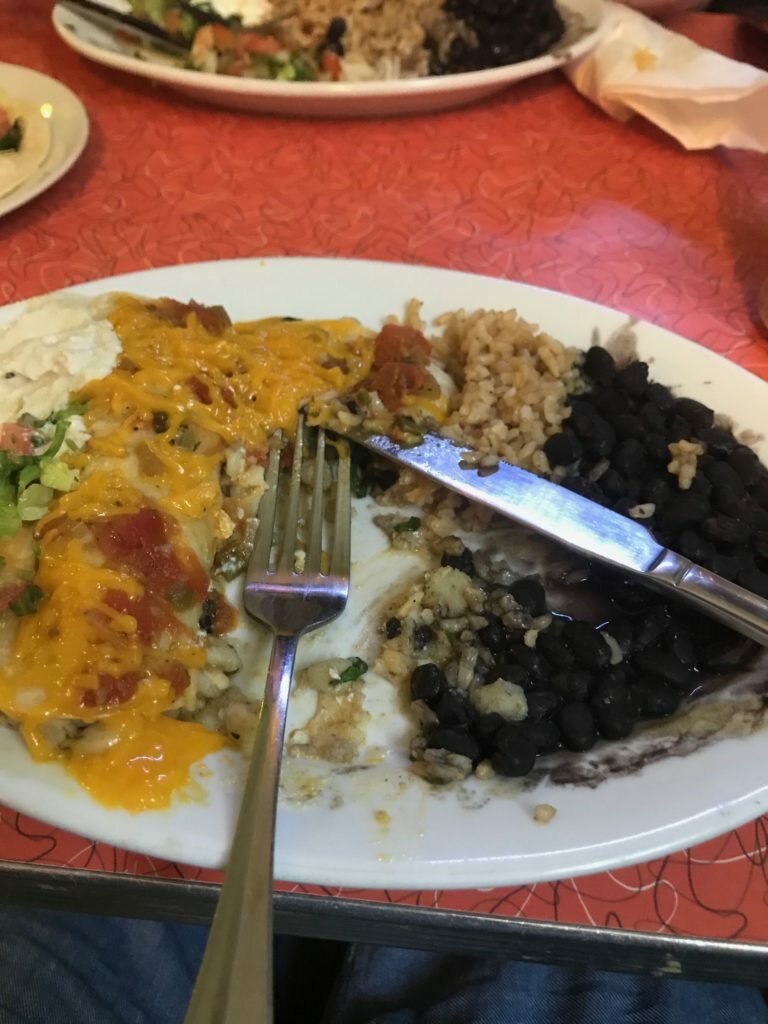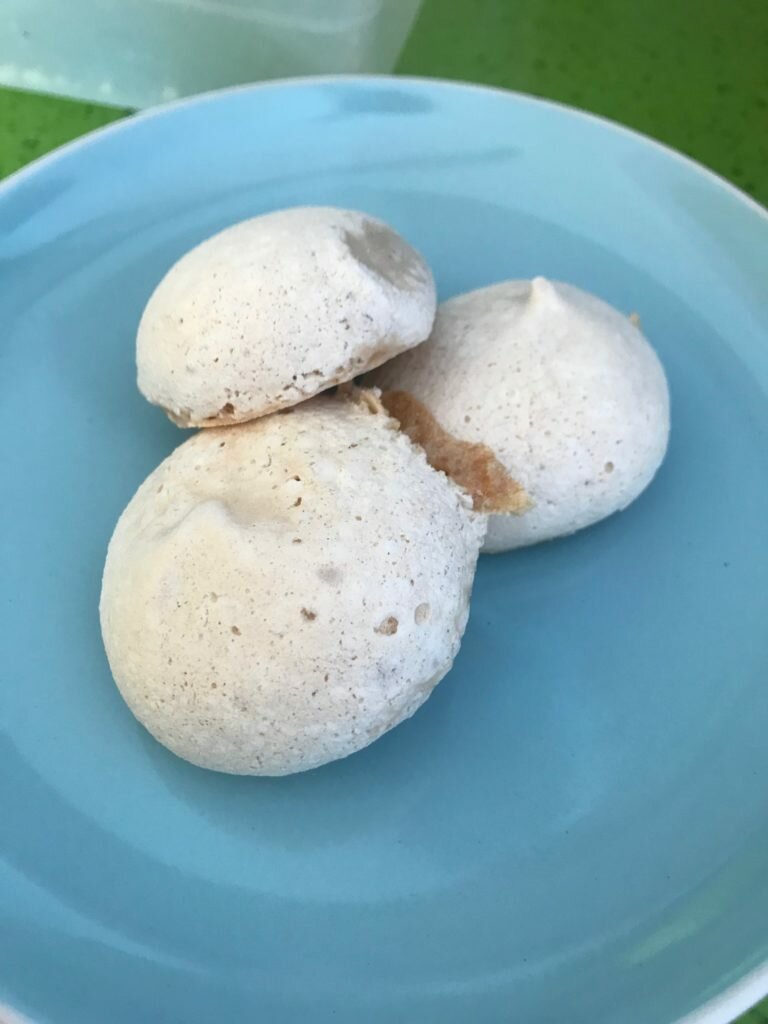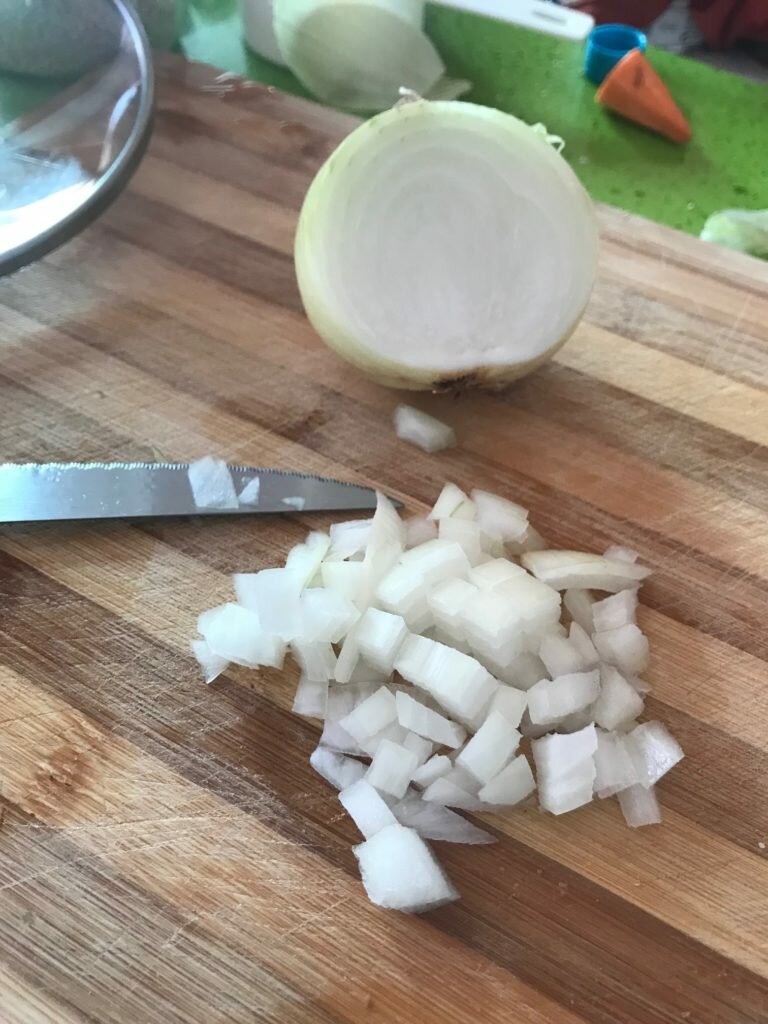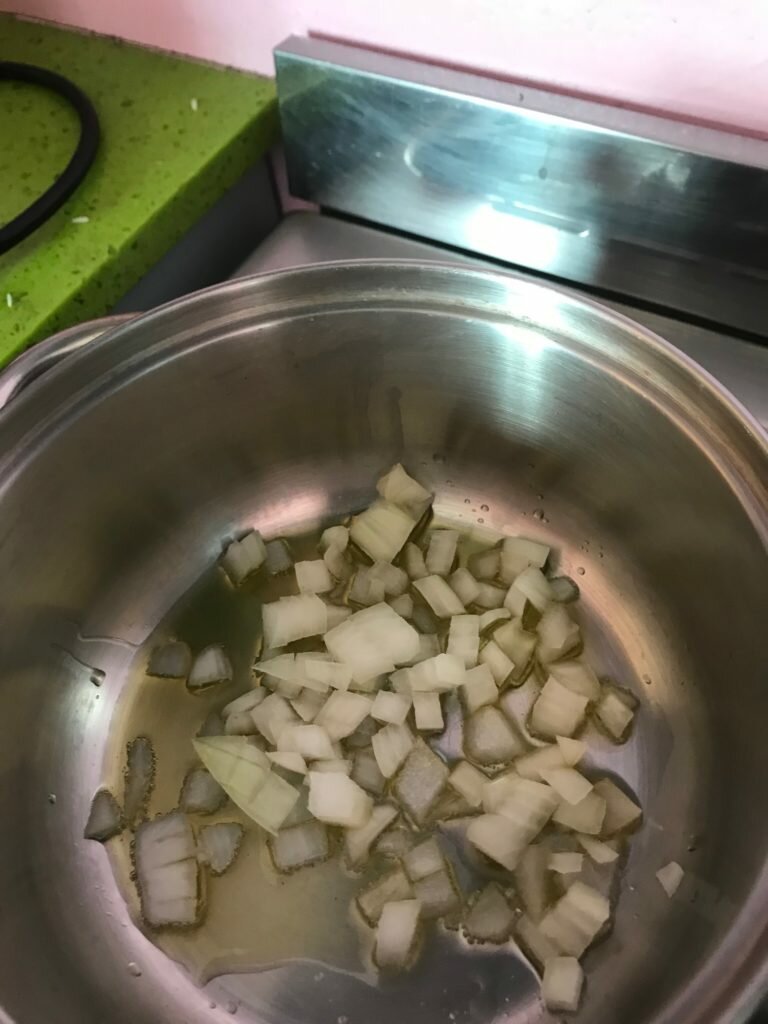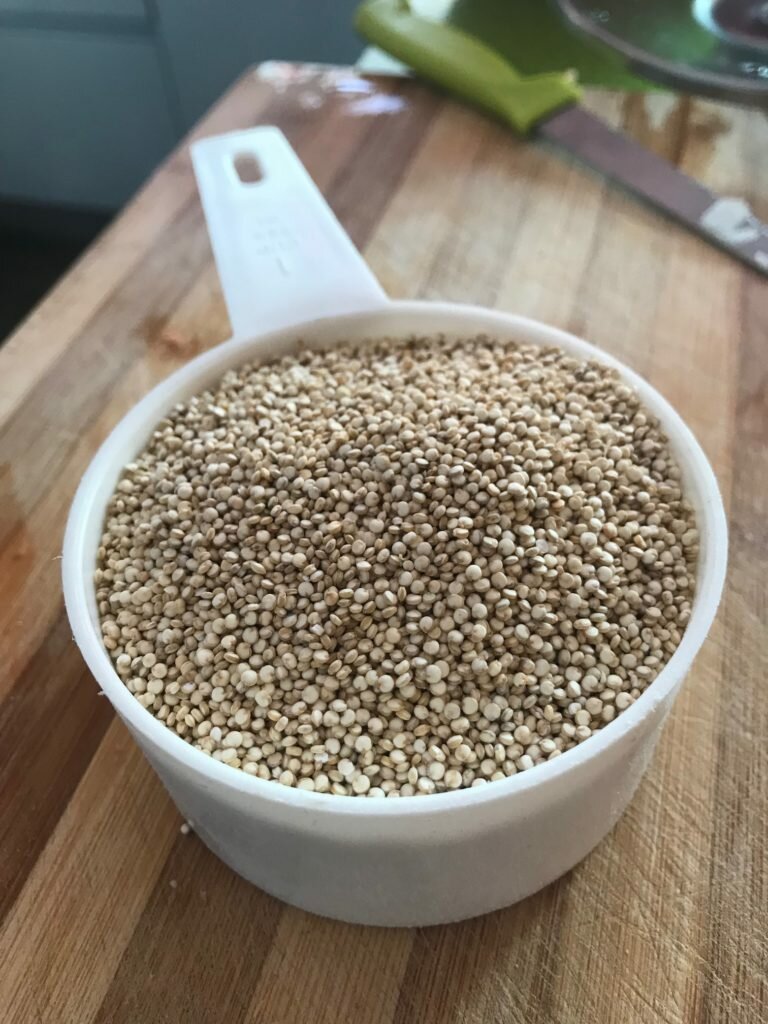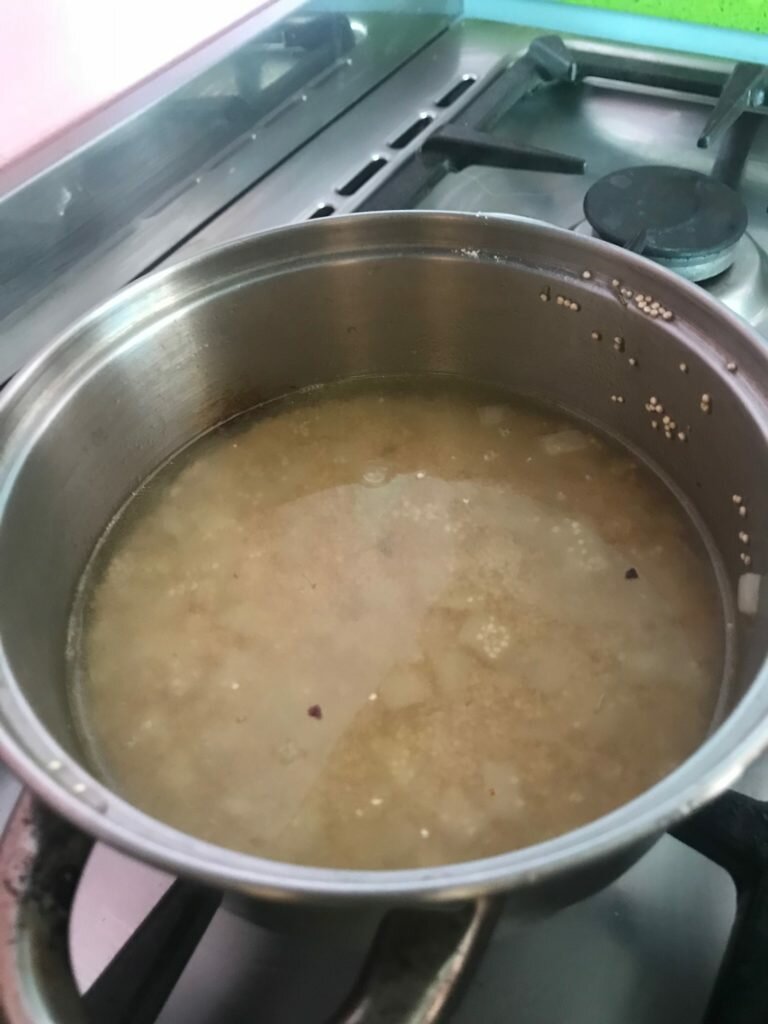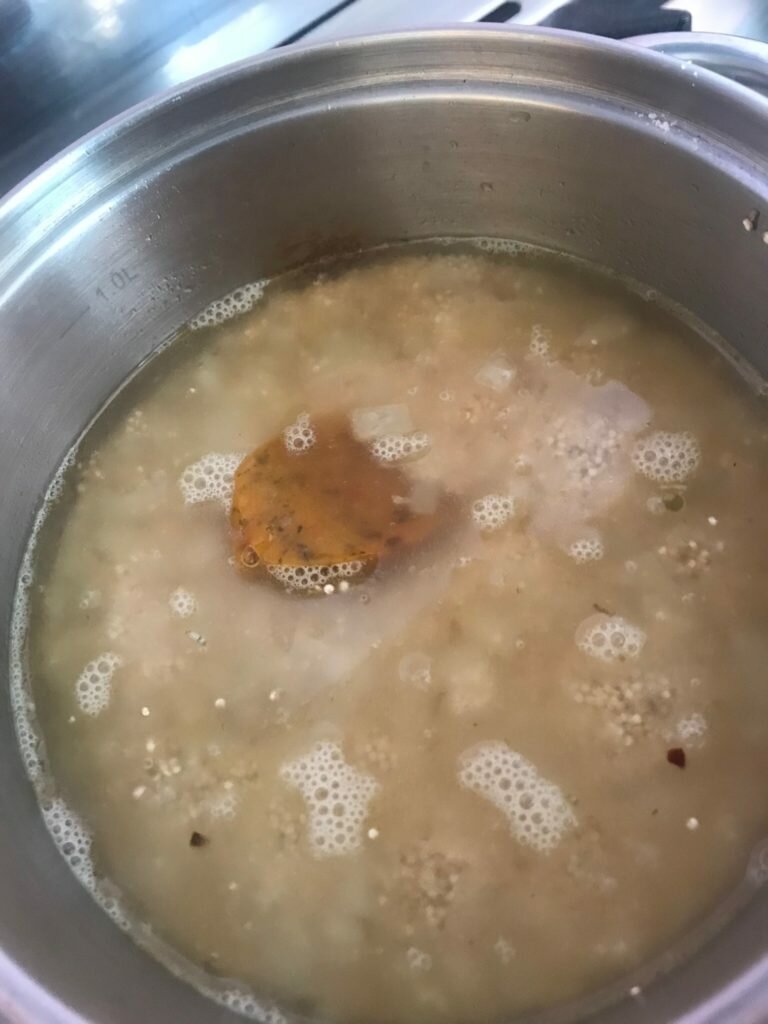In the fight against one’s internalised racism (or any superiority complex; gender, religion, class) the greatest stumbling block is not being able to get over being called the name that identifies you as part of that group. This is why people respond louder and more defensively to being called a racist than witnessing racism and doing something.
The best example. The #menaretrash story is the absolutely best example of the total disconnect between understanding what women are saying about how they are treated by men, and men being completely hysterical about being called trash. Like we were skinning them alive. With no actual space in the hysteria for what women were saying. That was not important. Rape was not important. Domestic violence was not the issue. Men were being called TRASH! This is the best example for me, a white woman, to understand anything remotely similar (and even then the scale of the difference is beyond measuring) to unconscious racism. No matter what I did or said the #notallmen were more offended about the name than about the reason for the name. #menaretrash equalled #idontseecolour.
A wonderfully accurate check point question for me, mostly in conversations about whiteness, is “Do I take that personally?” If I do then I am the one who needs to go away and unpack that. Usually, if I am honest with myself, it will reveal an unconscious bias or droplet of ingrained superiority. Usually, that discovery will be accompanied by a wave of intense shame. I believe those moments of shame are also the perfect learning moments. The trick is to lean into the shame, do the acknowledging, and stay in the humility of always being on a learning curve. Knowing that those thoughts can be shifted, and must be worked on. Then, in a similar situation, when it comes up again, I am ready to not take it personally. And I will know that I have moved, shifted and am less racist or biased or superior.
A personal place that has become an ongoing challenge is my veganism. I have been confronted about my veganism being elitist, privileged and white. It has been said that the way I feel about animals and the lives of animals is racist. And I am having to work on this in an unflinching and personal way. It is complicated. I have blindspots with people who are ok with the suffering and abuse of animals. I have serious problems with those that justify the slaughter of animals for cultural and religious reasons. I get overwhelmed and depressed at the thought that being a vegan is a choice that only the privileged can make. I don’t think that is true. I am working on it.
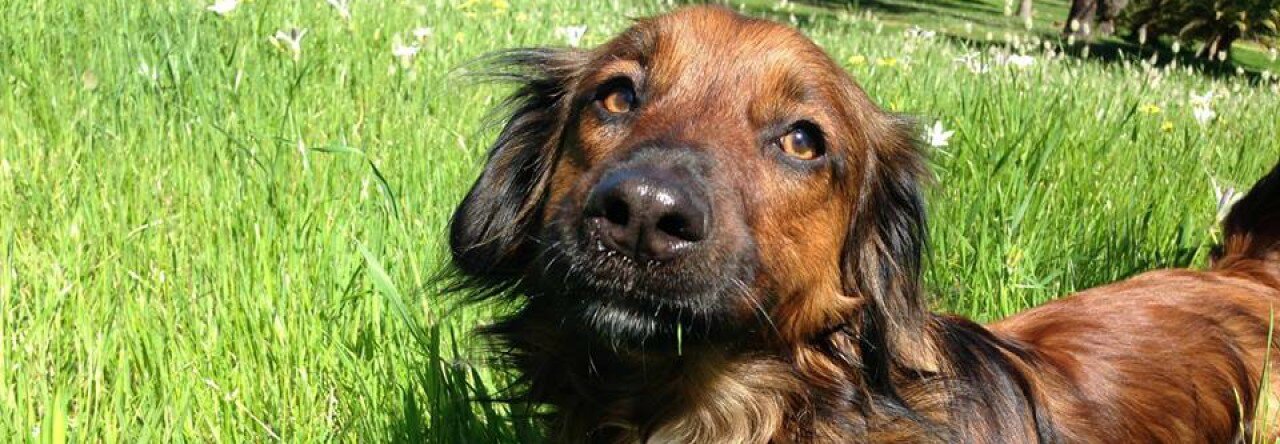
 Day 2 was me thrown into the deep end, extreme walking jet lag off, a visit to the Biennale at The Whitney, a trip back up to the Upper East Side, then back down to almost where I was before, to wait in a queue, watching the sailors in their white on the beginning of Memorial Day Weekend, while we waited for the ‘gate’ to open. Then it was the trek up to the top deck of The Intrepid, an actual airplane carrier, with planes on it (and a museum below) for the yearly outdoor screening of Top Gun. I will never be able to accurately explain what it was like. Mad, strange, hilarious, nostalgic, cute, mad, funny and bizarre. Google it. Beyond.
Day 2 was me thrown into the deep end, extreme walking jet lag off, a visit to the Biennale at The Whitney, a trip back up to the Upper East Side, then back down to almost where I was before, to wait in a queue, watching the sailors in their white on the beginning of Memorial Day Weekend, while we waited for the ‘gate’ to open. Then it was the trek up to the top deck of The Intrepid, an actual airplane carrier, with planes on it (and a museum below) for the yearly outdoor screening of Top Gun. I will never be able to accurately explain what it was like. Mad, strange, hilarious, nostalgic, cute, mad, funny and bizarre. Google it. Beyond.
